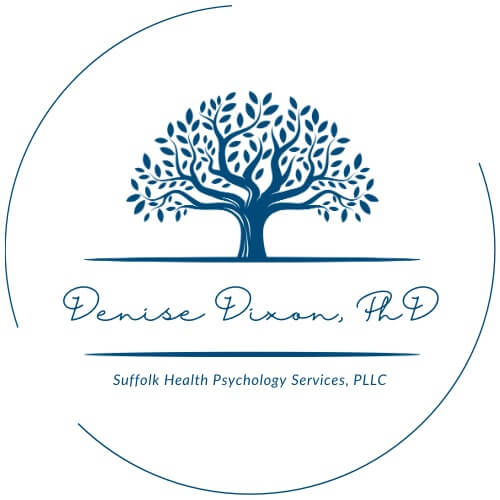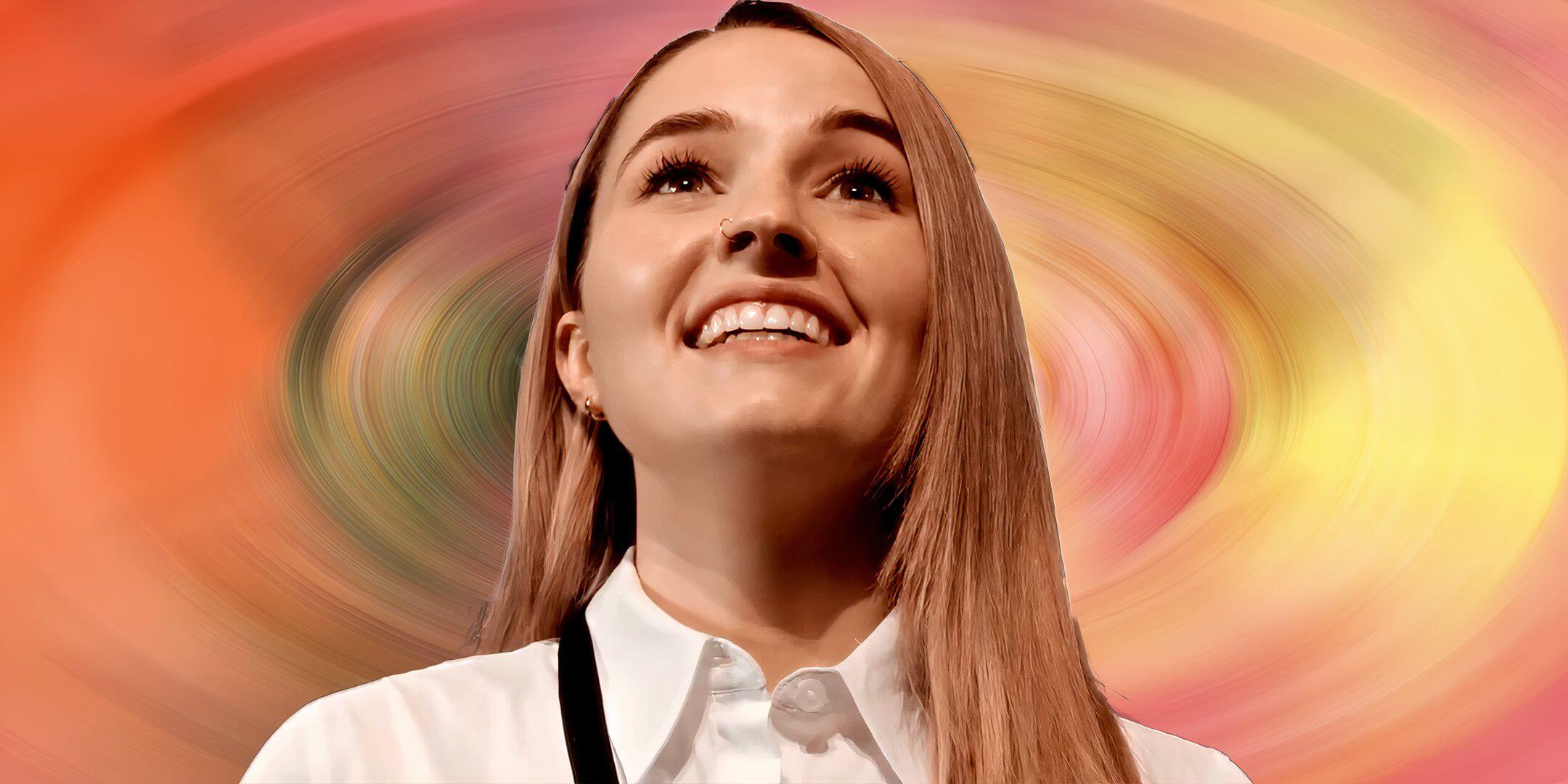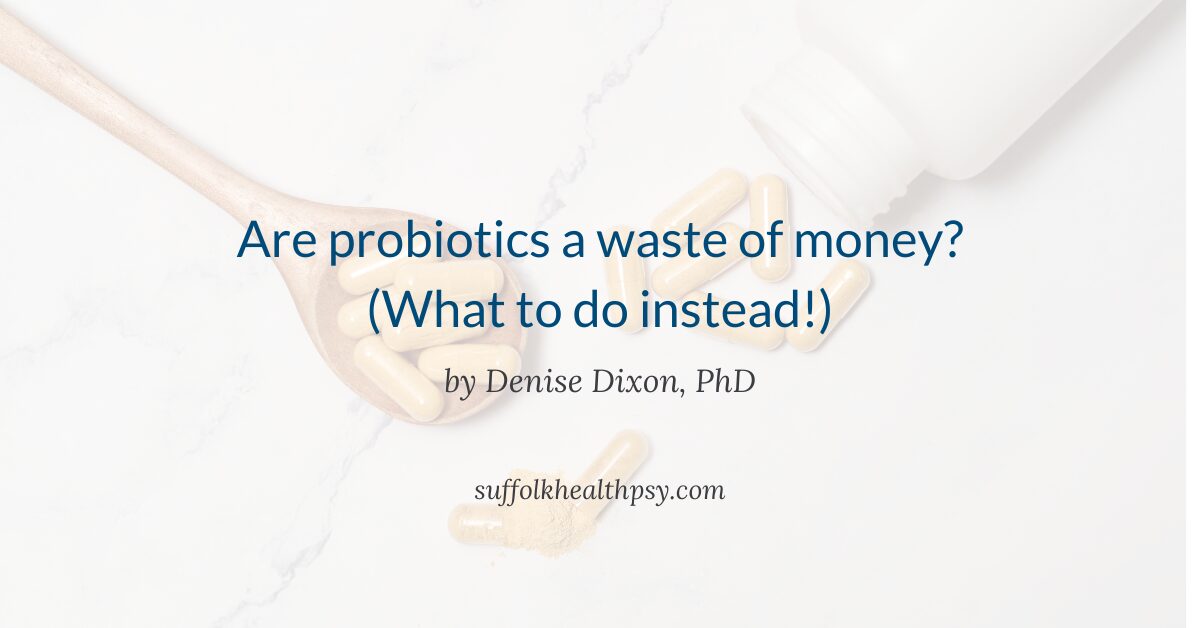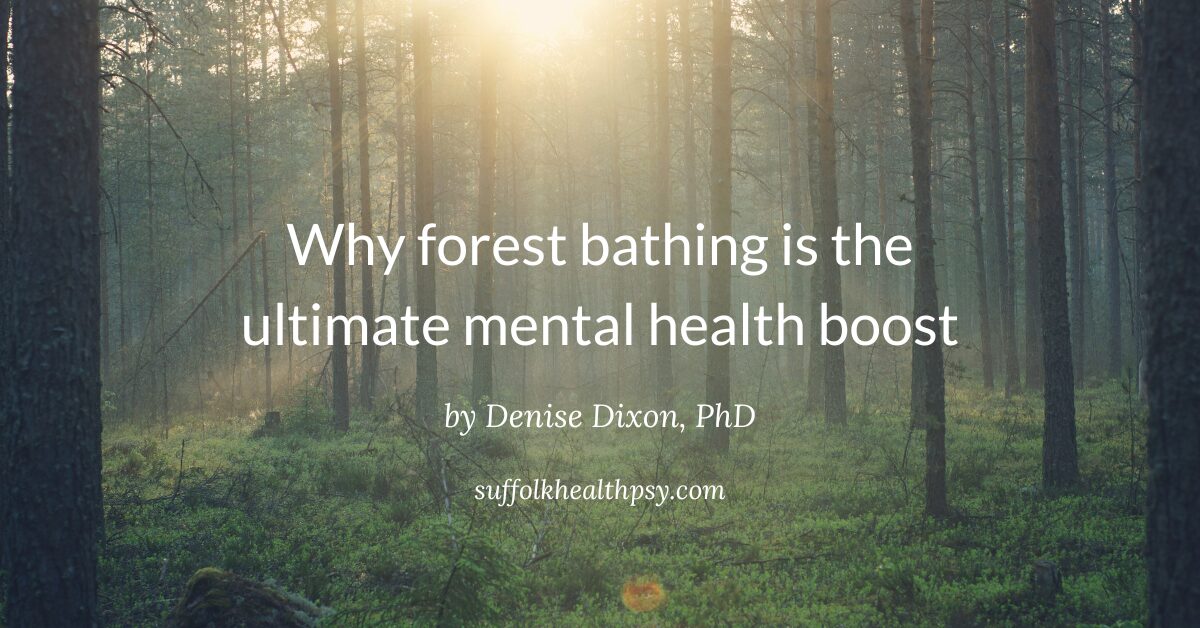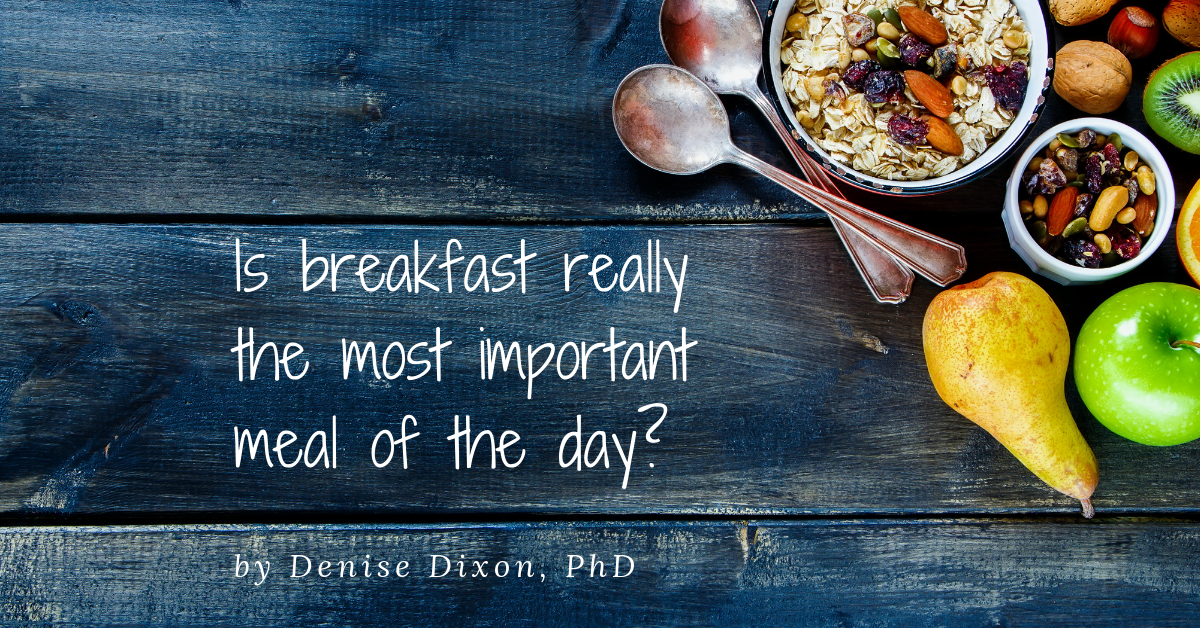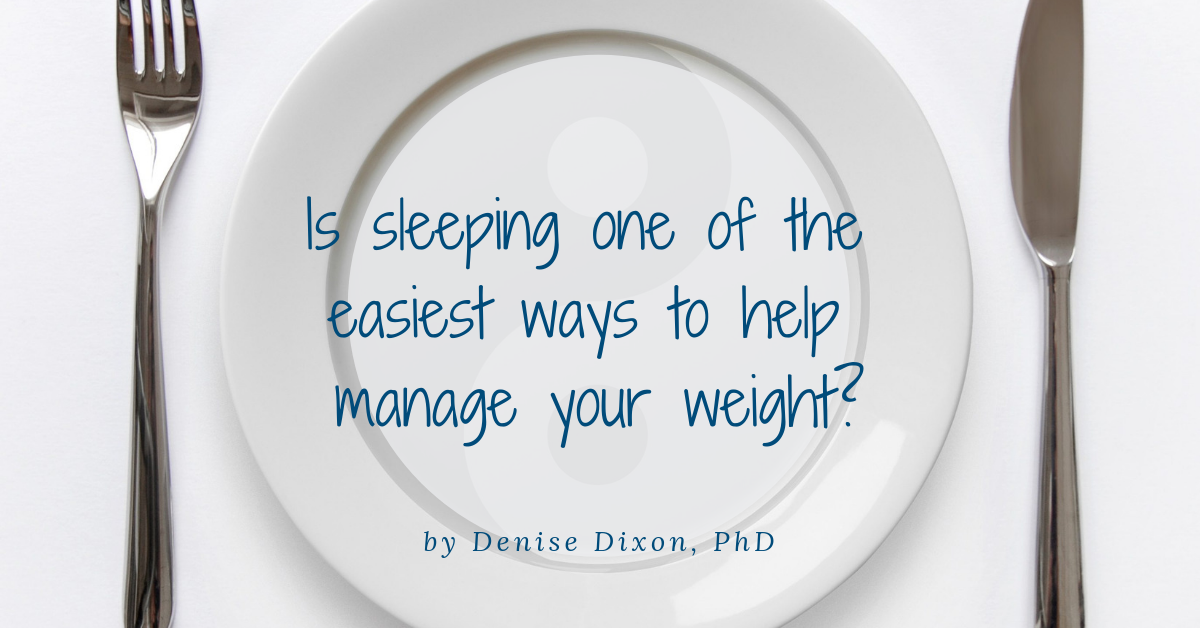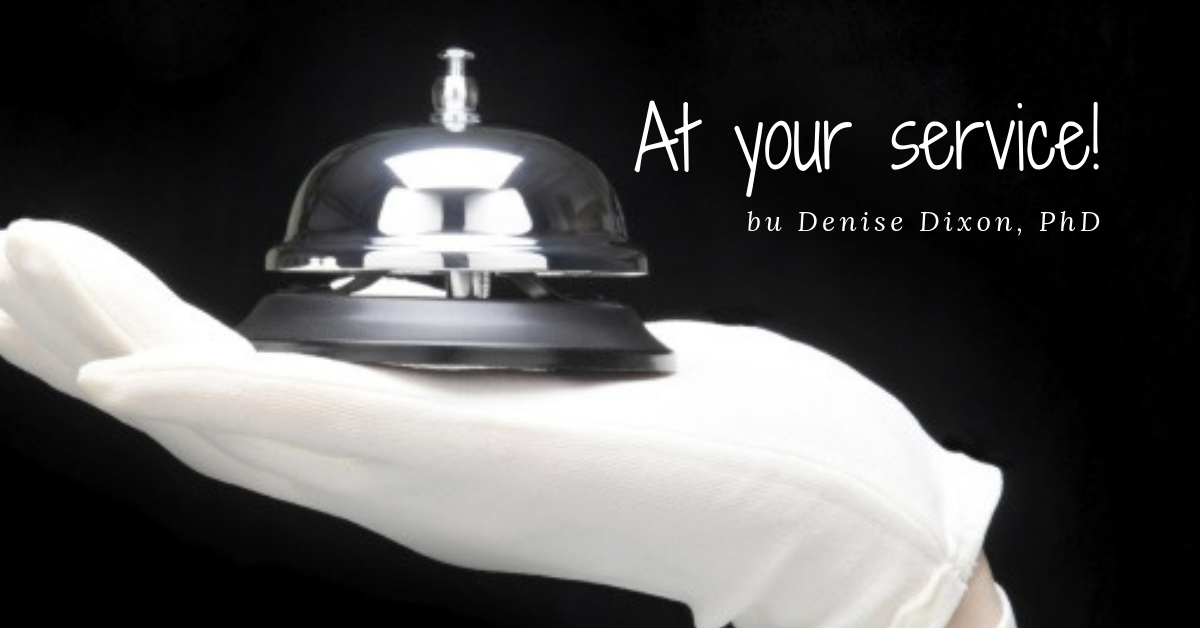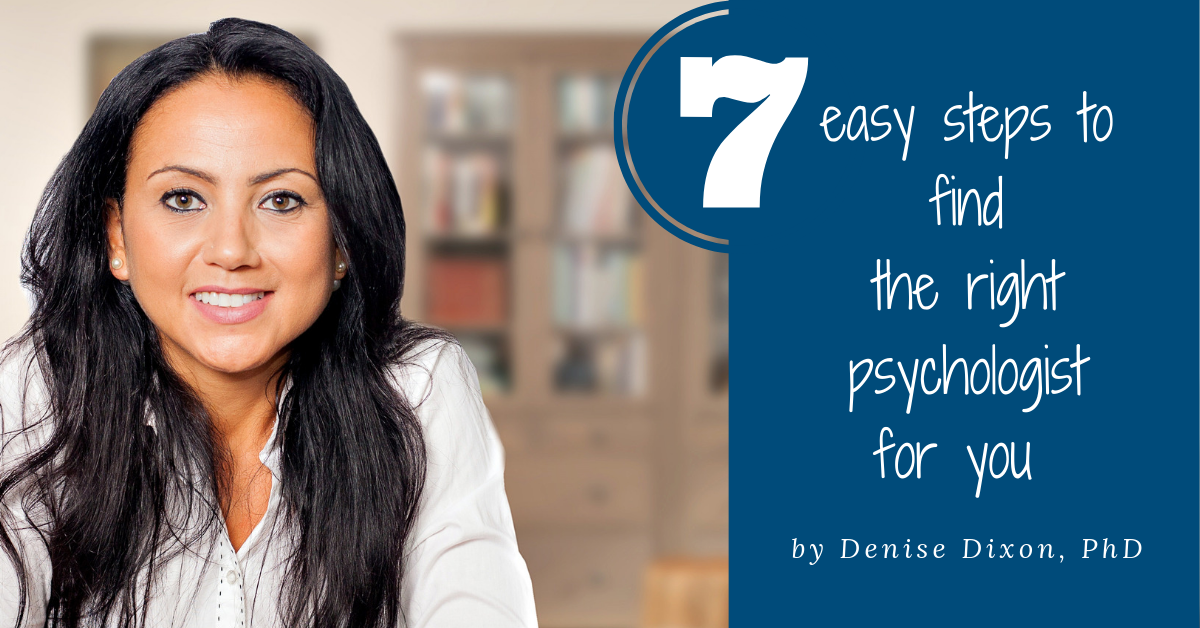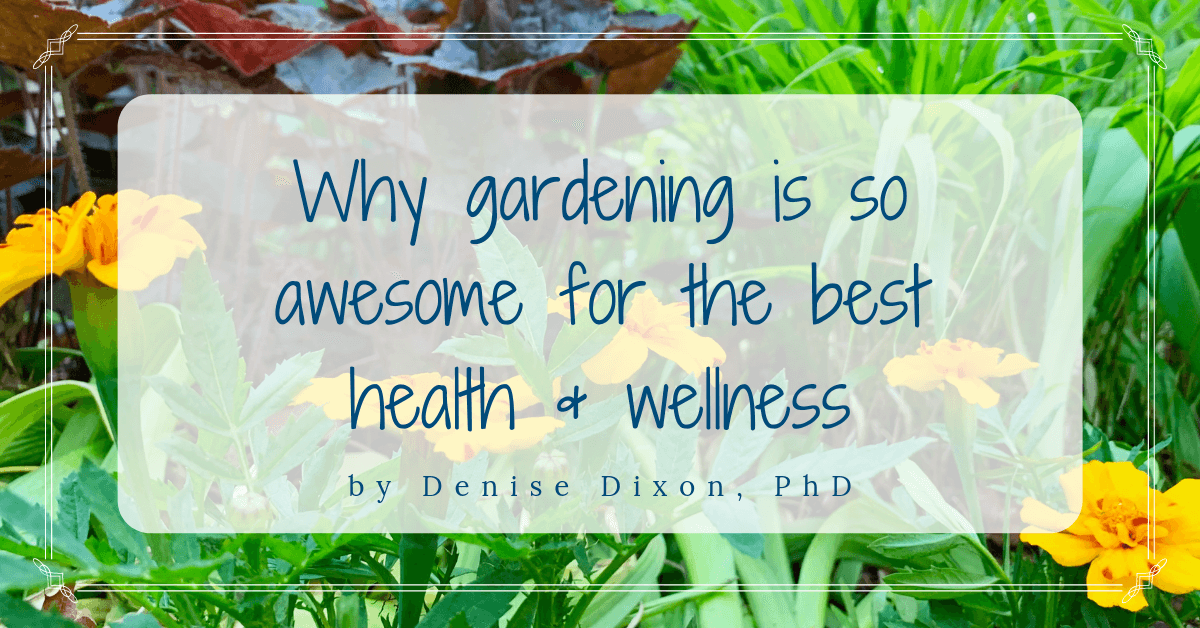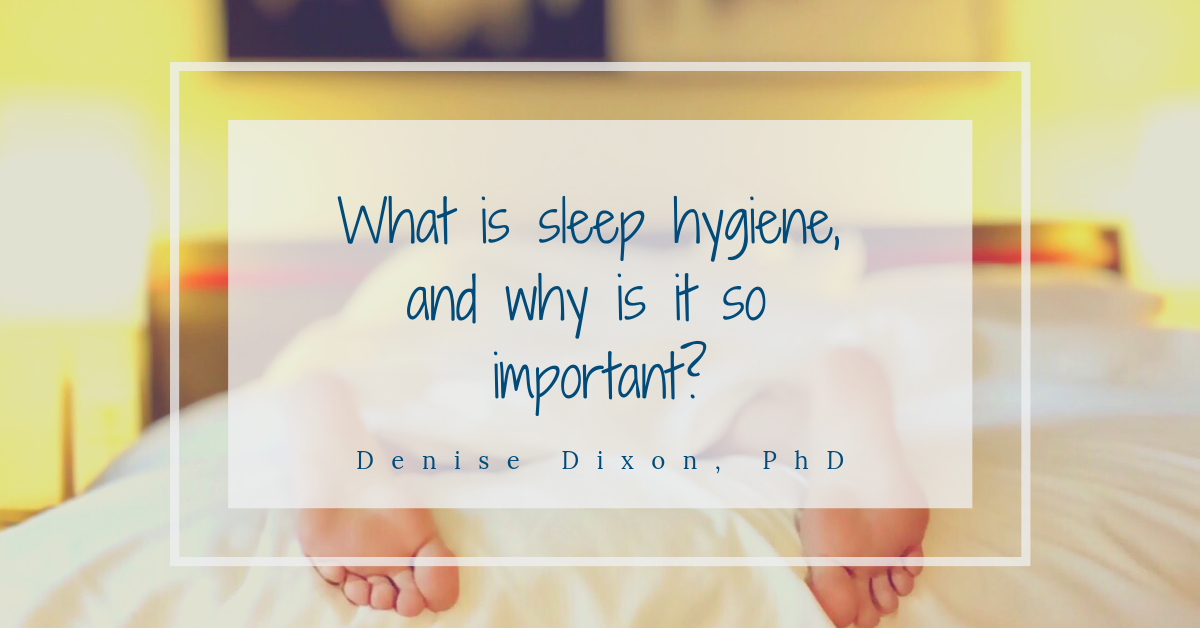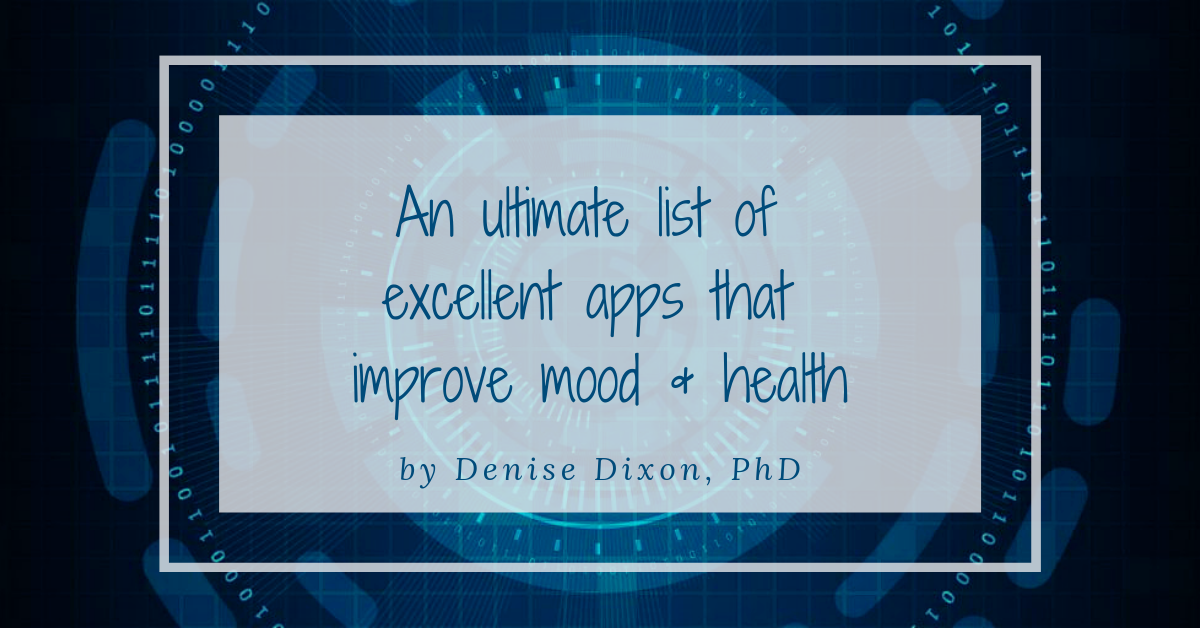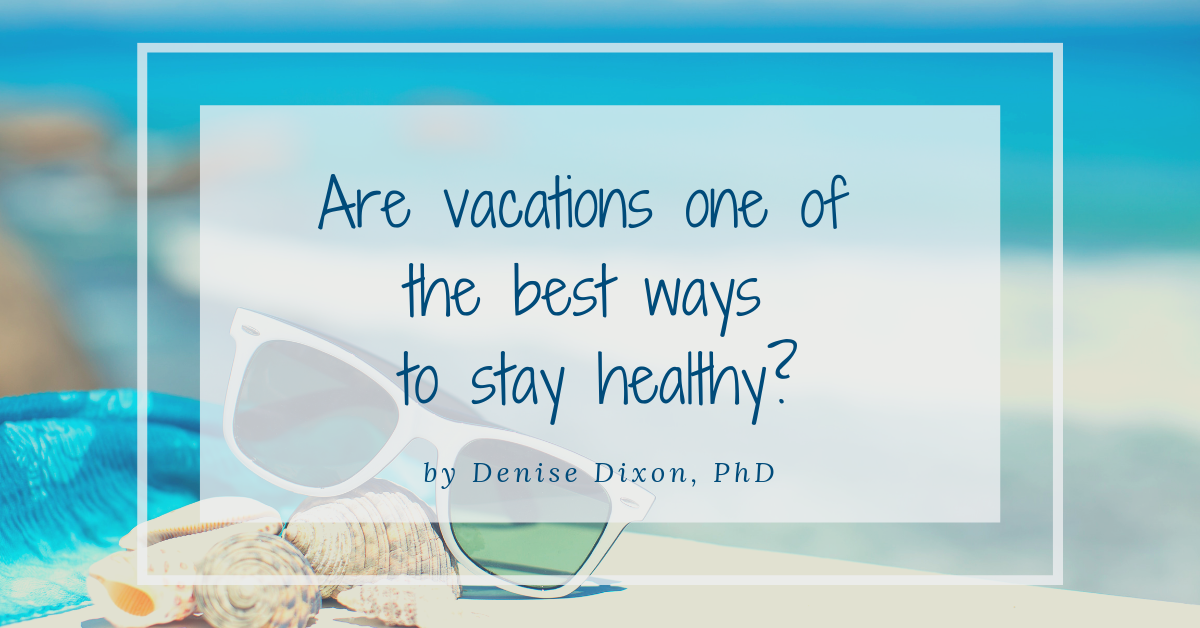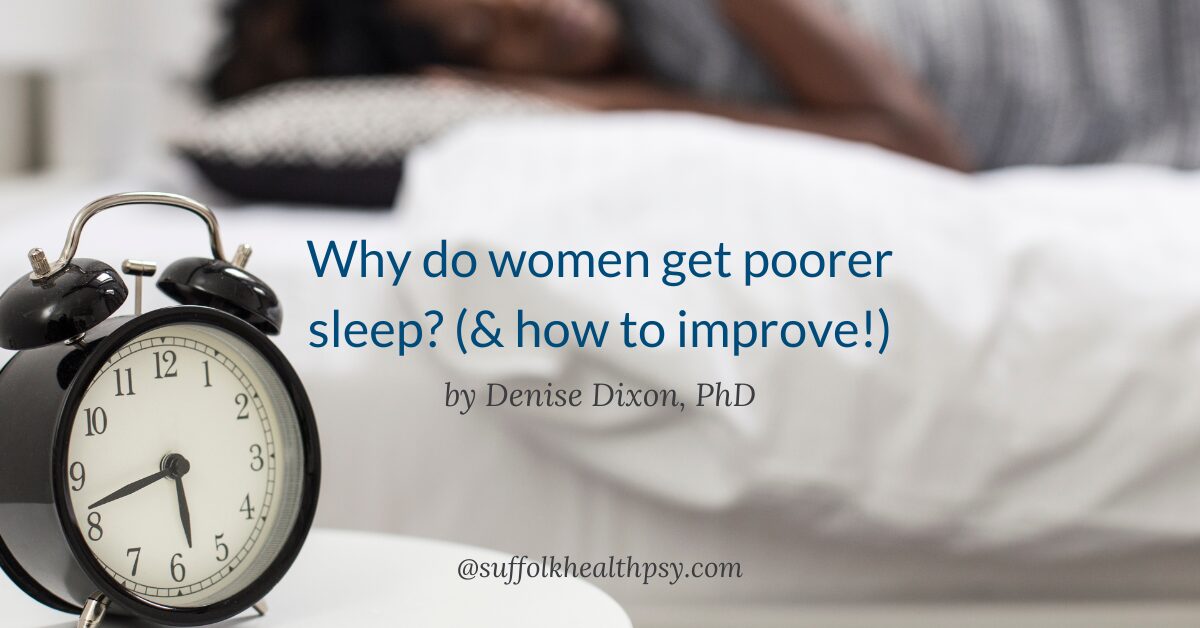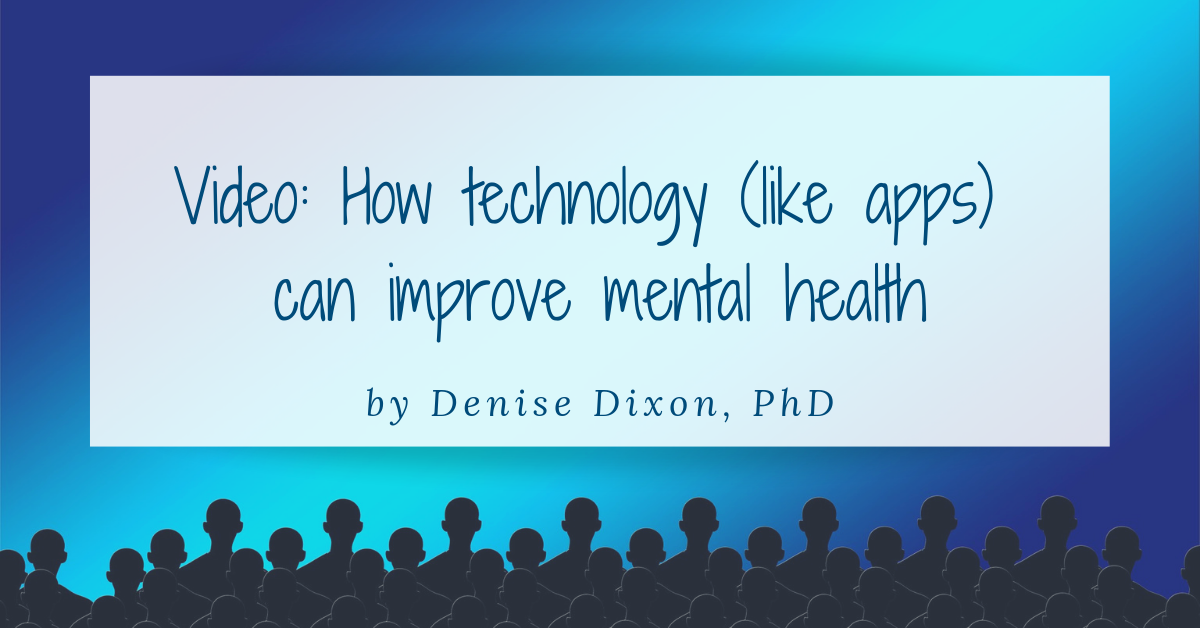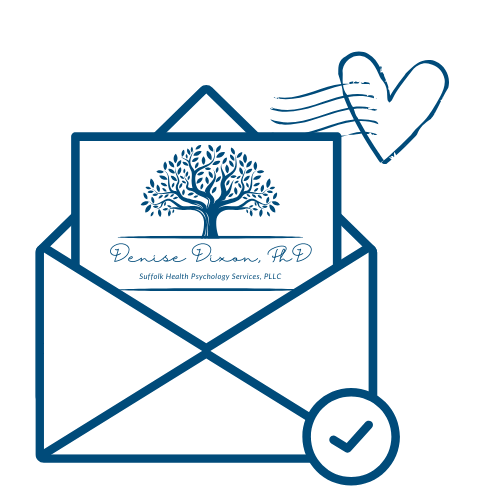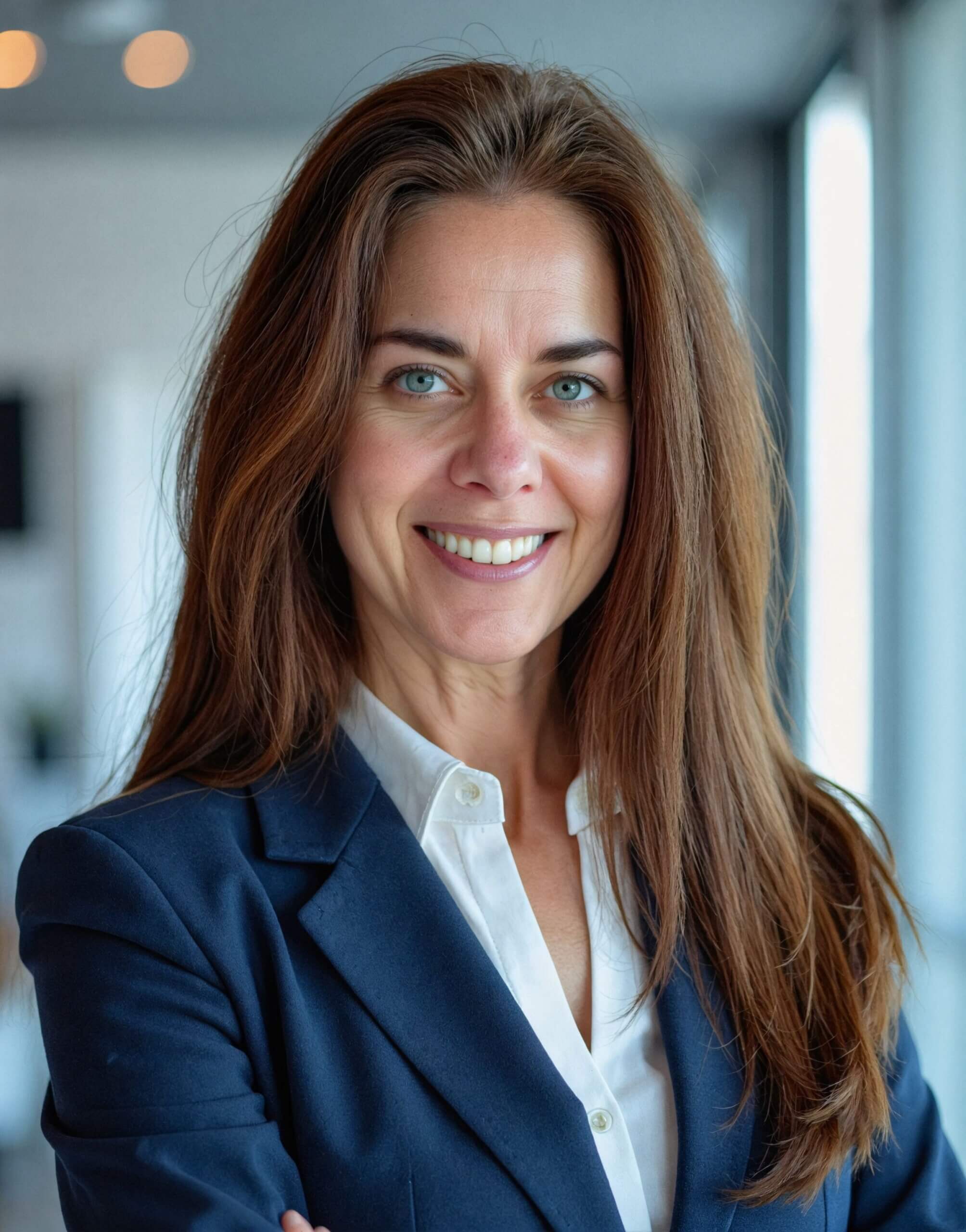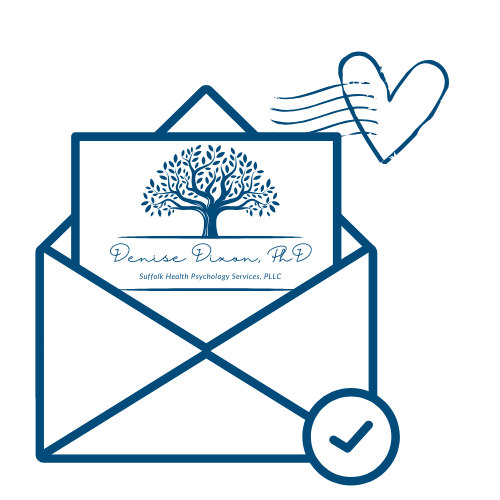Unmasking the Illusions of Wellness Influencers
The Real Cost of Misinformation on Health
Explore the hidden dangers of wellness myths and the impact of misleading health advice on our lives.
In 2014, Belle Gibson soared to the pinnacle of her success, having established a wellness empire centered around her app and cookbook, The Whole Pantry, while claiming she had cured her so-called terminal brain cancer through natural healing and nutritious eating.
However, this was nothing more than a shocking deceit; she never had brain cancer and did not heal a nonexistent illness with food. A decade later, Gibson continues to be one of the most infamous con artists in the wellness industry.
Her tale is explored in Netflix’s recent series Apple Cider Vinegar, released in early February 2025.

Although the series, inspired by the book The Woman Who Fooled the World, takes some creative liberties, the fundamental reality is undeniable: Gibson was a fraud who deliberately misled countless individuals into believing they could cure severe ailments through dietary choices.
Yet, the wellness culture of the 2010s that allowed her to mislead so many has not faded; in fact, it has strengthened and wields even greater influence today.
The Perils of Alternative Therapies
Apple Cider Vinegar compellingly illustrates the perils of wellness misinformation through the character of Milla Blake, a wellness influencer who genuinely faces cancer yet, like Gibson, advocates for natural remedies over conventional treatment.

Blake turns to a fictional therapy called Hersch, which bears similarities to the real-life Gerson program that has long promoted a regimen of juicing, coffee enemas, and a vegetarian diet as a means to combat diseases such as cancer, despite the Gerson Institute’s lack of scientific backing for its efficacy.
Cancer Research UK points out that there is no scientific evidence supporting Gerson therapy as an effective cancer treatment.
The series poignantly reveals how Blake’s unwavering faith in alternative therapies ultimately leads to tragic consequences, highlighting the dual role individuals can play as both victims and purveyors of misleading health advice.

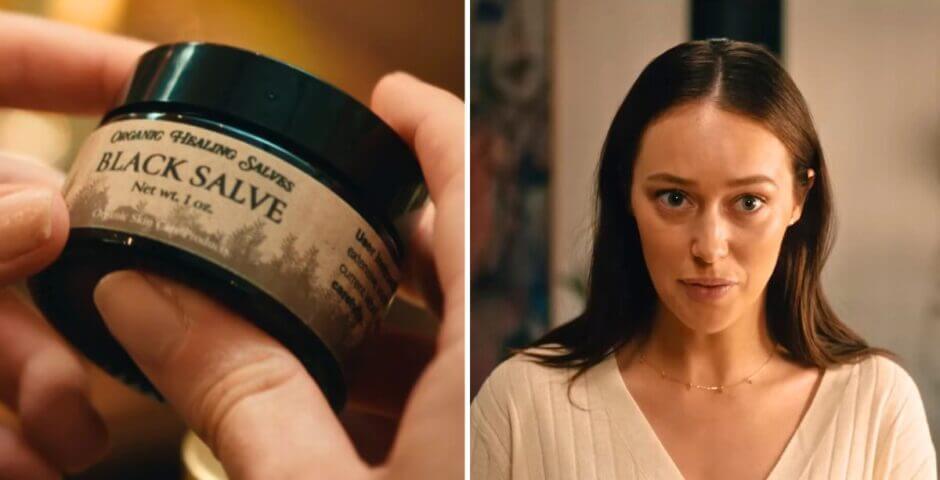
Alternative therapies often promise hope but can lead to devastating consequences when they replace evidence-based medical treatments.
Misleading wellness advice, particularly prevalent on social media, can exacerbate these risks by promoting unproven methods as cures.
Understanding Wellness Culture
The appeal of Wellness Influencers
The Allure of Quick Fixes
Social Media's Role
The Business of Wellness
Wellness influencers often prioritize profit over truth, using persuasive tactics to sell products and ideas that may not be beneficial, as they rely upon sponsorship deals and ads to make money.
Exploiting Vulnerability
Wellness influencers often leverage pseudoscience to advocate for unverified treatments, taking advantage of individuals who may struggle to find their way through the intricate world of health and wellness.

The Impact of Misinformation on Social Media
%
Over 50% of Gen Z Trusts TikTok for Health Advice
%
45% of TikTok Health Content is Misleading
%
67% of Alternative Therapy Posts are Misleading
Understanding Alternative Therapies

What are the risks of relying on alternative therapies?
Alternative therapies often lack scientific backing, which can lead to ineffective treatment and delayed medical care, potentially worsening health conditions.
Why is evidence-based treatment important?
Evidence-based treatments are grounded in rigorous scientific research, ensuring safety and efficacy, which is crucial for effective health management.
Can diet alone cure cancer?
No, while a healthy diet can reduce cancer risk, it cannot cure cancer. Comprehensive treatment plans should be followed under medical supervision.
Is social media a reliable source for health advice?
Social media can spread misinformation quickly. It’s essential to verify health advice with qualified healthcare professionals.
What should I do if I encounter misleading health information online?
Report misleading content and consult healthcare professionals for accurate information. Educating oneself from reliable sources is vital.
How can I identify credible health information?
Look for information from reputable health organizations and peer-reviewed studies. Be cautious of advice lacking scientific evidence.
Are natural therapies always safe?
Not necessarily. Natural does not mean safe. Some natural therapies can interact with medications or cause harm if not properly researched.
What role does lifestyle play in disease prevention?
Lifestyle factors like diet, exercise, and avoiding harmful substances can significantly reduce disease risk, but they are not standalone cures.
Why do people believe in alternative therapies?
People may turn to alternative therapies due to distrust in conventional medicine, cultural beliefs, or the appeal of ‘natural’ solutions.
Plant-based diets and cancer: the truth
The Hersch program, though fictional, and the Gersch Institute, which is real, both advocate the idea that eliminating animal products can lead to a cure for cancer, a notion that is important to emphasize lacks any scientific support.

However, numerous studies indicate that a diet emphasizing whole, plant-based foods while minimizing meat consumption can greatly decrease the risk of developing illnesses such as cancer.
The World Health Organization classifies processed meat as a Group One carcinogen, confirming its strong link to cancer, while red meat is placed in Group Two, suggesting a probable connection to the disease.
Conversely, whole plant foods are packed with antioxidants and anti-inflammatory properties, which may significantly contribute to lowering the risk of these health issues.
A nutritious vegetarian or vegan diet is in strong alignment with Cancer Prevention Recommendations as it encourages a wide variety of plant-based options, including whole grains like brown rice, legumes, fruits, and vegetables, while advocating for the reduction of red meat intake and the avoidance of processed meats such as bacon and ham.
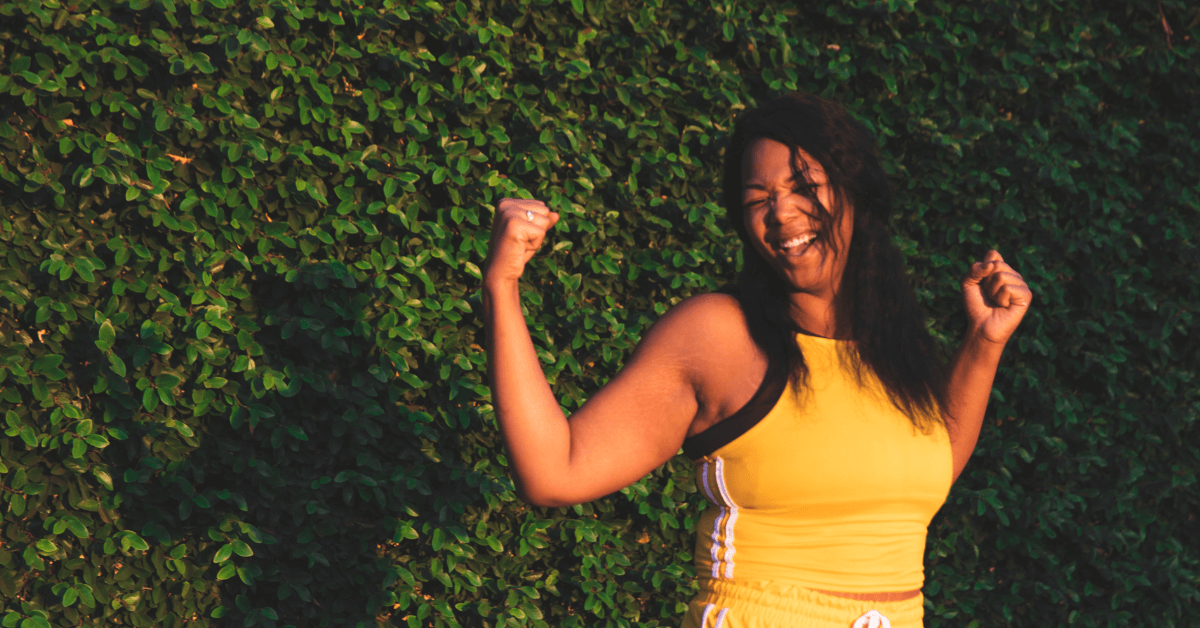
Engaging in a diet rich in plant-based whole foods may be linked to a reduced risk of cancer according to a variety of studies, yet it is crucial to understand that this dietary shift is not a foolproof method of prevention. Equally significant lifestyle adjustments, including eliminating smoking, limiting alcohol consumption, and maintaining an active lifestyle through consistent exercise, are also essential for effectively lowering cancer risk as highlighted by research findings.
